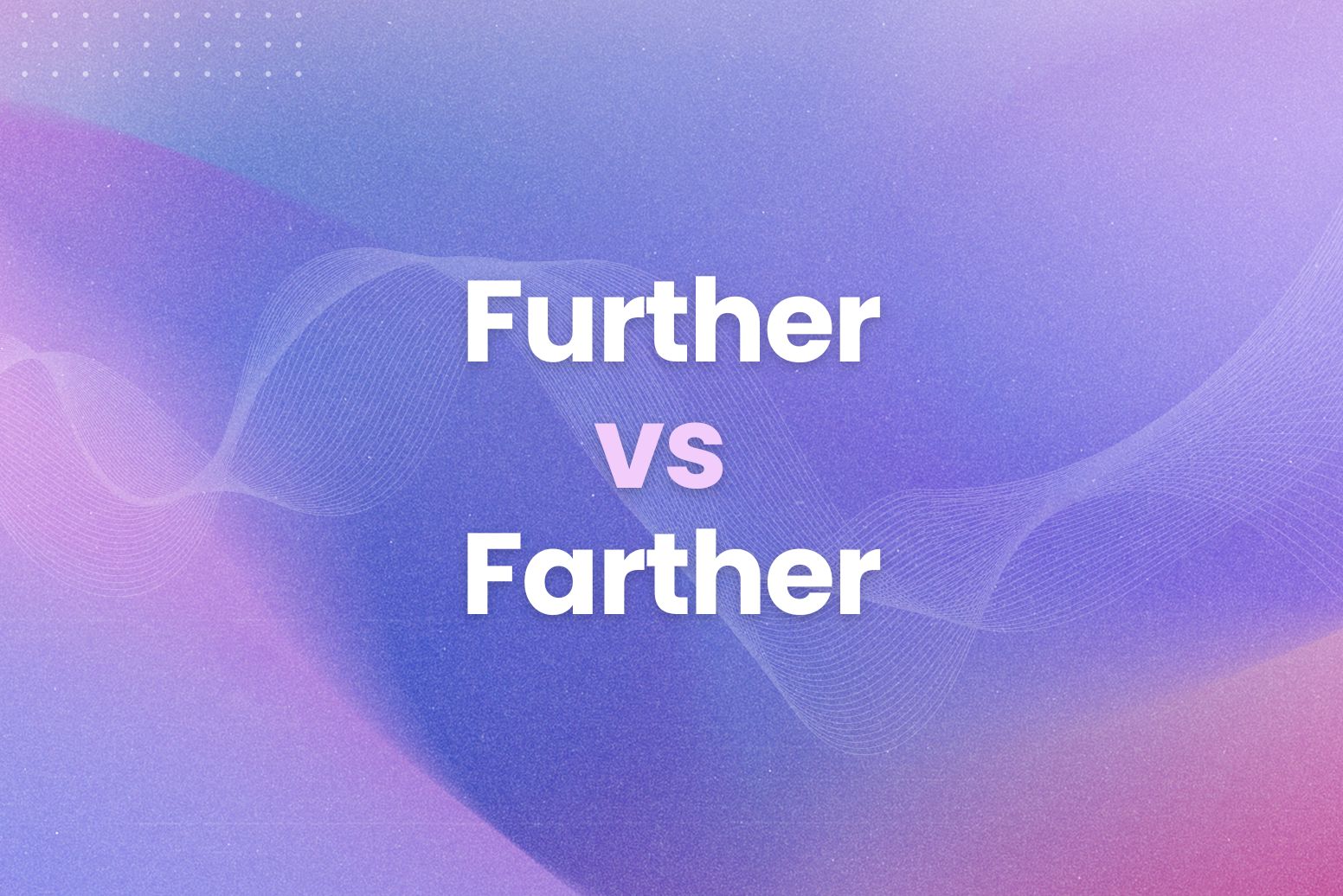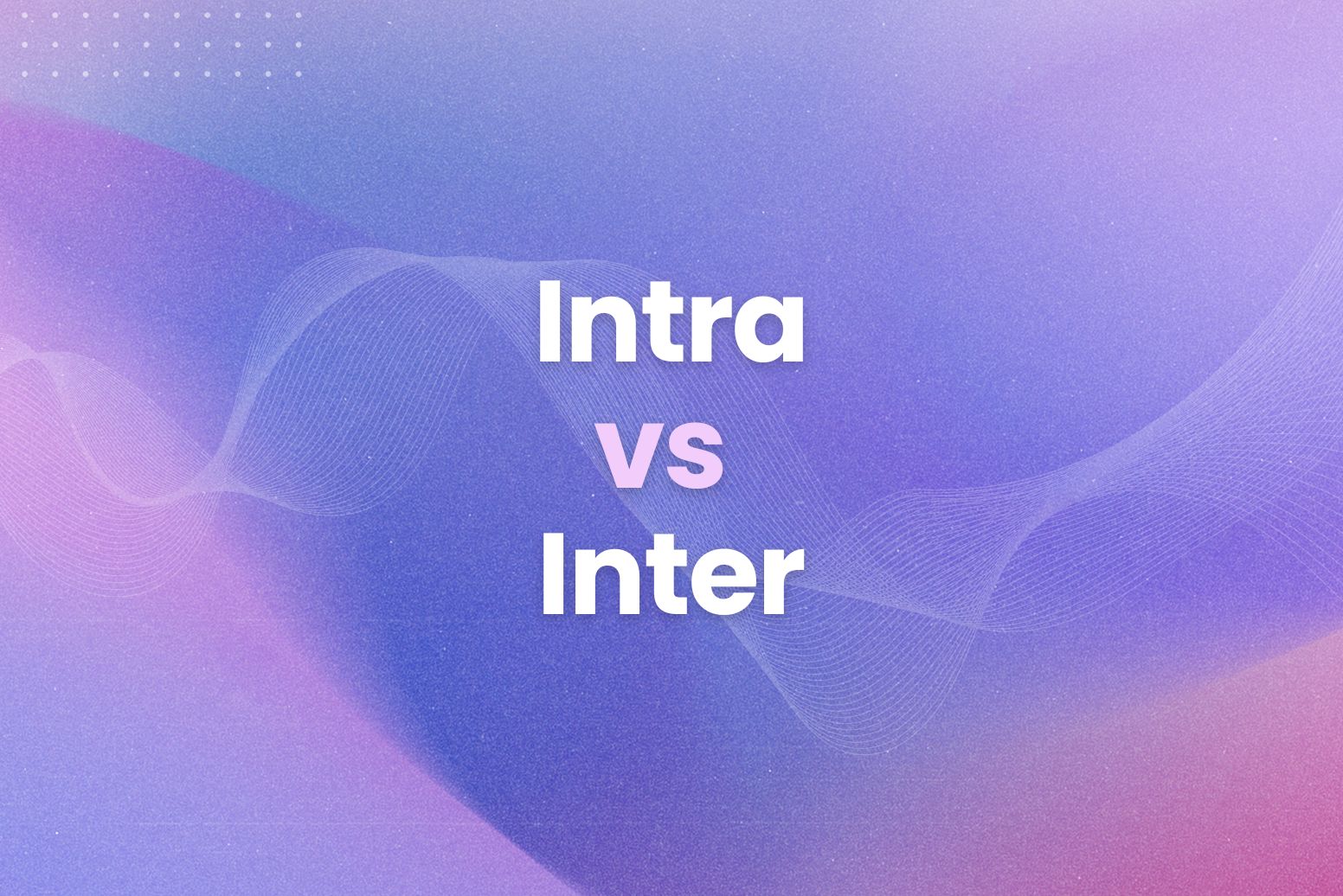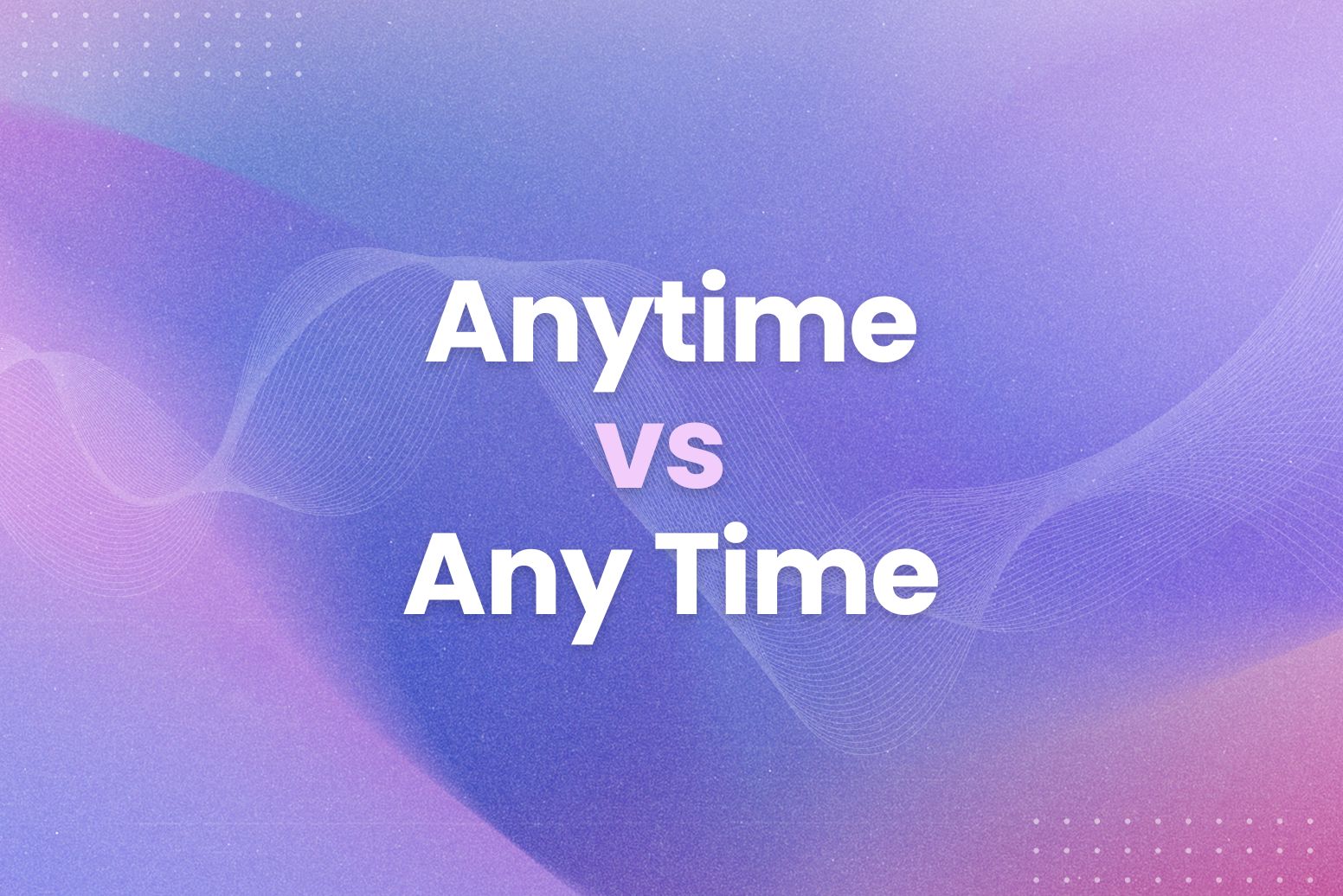Ever feel a pang of doubt when choosing between further vs farther? You’re not alone. These two words are a common stumbling block, even for seasoned writers. Consequently, mistakes happen. They can undermine your message.
But what if there was a simple way to conquer this grammar hurdle once and for all? This guide provides the answers. In short, we’ll give you clear strategies to differentiate between these tricky terms.
We’ll cover:
- Distinguishing between physical and metaphorical distance.
- Using memory aids to remember the difference.
- Understanding common mistakes and how to avoid them.
Distinguishing Between Physical and Metaphorical Distance
Let’s break down the core difference: distance. But not all distances are the same. That is to say, there are two types we’re dealing with here: physical and metaphorical.
- Physical distance is straightforward. For instance, it’s the miles you drive. It’s the length of a football field. It’s something you can measure. Similarly, “farther” measures this concrete distance. For example, “I ran farther than yesterday.”
- Metaphorical distance, on the other hand, is abstract. In other words, it’s not something you can touch. For instance, it’s the extent of a discussion. It’s the depth of someone’s feelings. It’s the level of detail in a report. Likewise, “further” measures this abstract distance. For example, “We need to discuss this further.”
Here’s a simple comparison:
- Farther: How much physical distance?
- Further: How much metaphorical distance/extent?
Therefore, if you can measure it with a ruler or odometer, use “farther.” However, if it’s about the degree or extent of something intangible, “further” is your word. This distinction is key. Remembering this will significantly improve your word choice.
Using Memory Aids to Remember the Difference (Further vs Farther)
Now that we understand the core difference, let’s explore some memory aids. These tricks will help you recall the correct usage. They’re simple. They’re effective. Moreover, they’ll make choosing between “Further vs Farther” a breeze.
- “Farther” and “Far”: This is the easiest trick. “Farther” contains “far.” Consequently, this links it directly to physical distance. For instance, “I threw the ball farther than you.” Think “far” = physical distance = farther.
- “Further” and “Additional”: “Further” often implies “additional” or “more.” For example, “We need further information on this topic.” In other words, we need additional information. Similarly, “further” indicates an added extent.
- The “R” Rule: This is another simple trick. “Farther” has an “R,” just like “road.” Therefore, this links “farther” to travel and physical distance. For example, “He drove farther down the road.”
Let’s recap with a table:
| Word | Focus | Memory Aid | Example |
| Farther | Physical Distance | Contains “far”; “R” like “road” | He walked farther than I did. |
| Further | Metaphorical/Extent | Implies “additional” or “more” | We need to discuss this further. |
These memory aids are powerful tools. They’ll help you choose the right word every time. Therefore, use the one that resonates most with you.
Understanding Common Mistakes and How to Avoid Them
Even with the rules and memory aids, mistakes can happen. However, understanding common pitfalls can help you avoid them. So, let’s look at some frequent errors and how to correct them.
- Using “Further” for Physical Distance: This is perhaps the most common mistake. For instance, someone might say, “I ran further than five miles.” This is incorrect. Therefore, the correct sentence is, “I ran farther than five miles.” Remember, “farther” is for measurable, physical distance.
- Confusing Context: Sometimes, the context can be tricky. For example, consider the sentence, “The investigation went further than we expected.” Here, “further” is correct. That is to say, the extent or scope of the investigation went beyond expectations. It’s not a physical journey.
- Overthinking It: Sometimes, we overcomplicate things. Consequently, we second-guess ourselves. But the rules are quite simple. In short, if it’s measurable distance, use “farther.” Otherwise, use “further.”
Here are some more examples to drive the point home:
- Incorrect: The car traveled further down the highway.
- Correct: The car traveled farther down the highway.
- Incorrect: We need to look farther into this issue.
- Correct: We need to look further into this issue.
Pro Tip: When in doubt, try substituting “more” or “additional.” If it makes sense, “further” is likely the correct choice. For instance, “We need more information” works. Therefore, “We need further information” is also correct.
Understanding these common mistakes can significantly reduce your chances of making them. Consequently, your writing will become clearer and more precise. Therefore, practice these tips, and you’ll master the “further vs. farther” dilemma.
Conquer Grammar, Conquer Your Writing with Arvin
You now have the tools to confidently navigate the further vs farther conundrum. Consequently, you can write with greater clarity and precision. Therefore, remember the simple tricks, and you’ll never be tripped up again.
Key takeaways on further vs farther:
- “Farther” measures physical distance.
- “Further” measures metaphorical distance or extent.
- Memory aids like “far” and “road” for “farther” can be helpful.
- Substituting “more” or “additional” can help you choose “further.”
Just like grammar sharpens your writing, strong communication boosts everything. Arvin helps you communicate clearly. It provides concise tools. These tools are effective. You can use Arvin for emails. You can use it for presentations. Even casual messages benefit. Arvin helps you make a great impression. Your message is always clear. This further enhances your professional image.
FAQs
When to use Further vs Farther?
Use “farther” when referring to measurable, physical distance. For instance, “He threw the ball farther than anyone else.” Use “further” for metaphorical distance, extent, or degree. For example, “We need to discuss this matter further.”
Is it farther or further in the UK?
The rules are the same in both US and UK English. Therefore, “farther” is for physical distance. And “further” is for metaphorical distance or extent.
When to use furthest or farthest?
“Farthest” and “furthest” are the superlative forms of “farther” and “further,” respectively. Therefore, use “farthest” for the greatest physical distance. For example, “He threw the ball the farthest.” Use “furthest” for the greatest metaphorical distance or extent. For instance, “That’s the furthest thing from my mind.”
Is it further or farther from the truth?
It’s “further from the truth.” That is to say, “truth” is an abstract concept. Consequently, we’re talking about the extent of being wrong, not a physical distance. Therefore, “further” is the correct choice.






